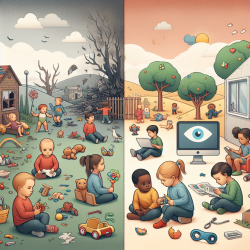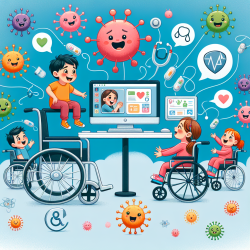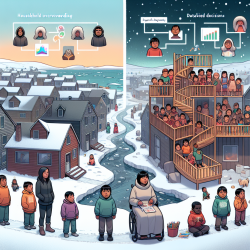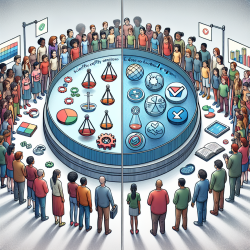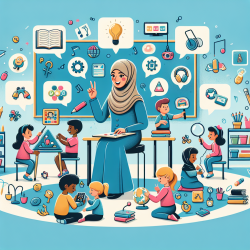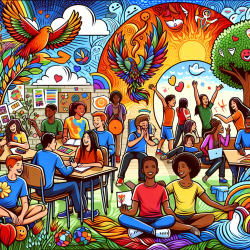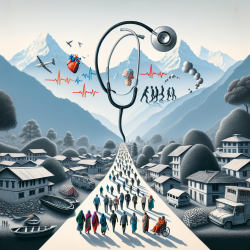The recent study titled "Health-related quality of life of Palestinian preschoolers in the Gaza Strip: a cross-sectional study" offers a critical examination of how political violence and deprivation affect young children in one of the world's most volatile regions. This research provides valuable insights for practitioners aiming to improve their skills and better support children exposed to such traumatic environments.
The Study's Key Findings
The study conducted in 2007 involved a cross-sectional random sample of 350 preschoolers in the Gaza Strip. The researchers used the PedsQL 4.0 to measure Health-Related Quality of Life (HRQOL), focusing on both physical and psychosocial health. The findings were alarming:
- 65% of mothers reported severely impaired psychosocial and emotional functioning in their children.
- The HRQOL scores for these preschoolers were significantly lower than those of US children and comparable to US children with chronic diseases.
- Factors such as older age, male gender, and exposure to traumatic events were associated with lower HRQOL scores.
Implications for Practitioners
This study highlights the urgent need for practitioners to develop targeted interventions that address both the physical and psychosocial health needs of children exposed to political violence. Here are some ways practitioners can apply these findings:
- Cultural and Recreational Activities: Incorporate activities such as traditional dancing, art, sports, drama, and puppetry into therapy sessions to provide an emotional outlet for children.
- Parental Involvement: Engage parents in semi-structured group discussions to support their well-being and empower them to care for their children effectively.
- Psychoeducation: Educate parents and caregivers about recognizing signs of trauma and stress in children and how to respond appropriately.
- Collaboration with Schools: Work closely with schools to identify at-risk children and provide necessary interventions within a familiar environment.
The Need for Further Research
This study also underscores the importance of further research into HRQOL among children in conflict zones. Practitioners are encouraged to explore additional studies that examine similar contexts or different variables affecting child development under duress. Such research can inform more effective intervention strategies and policies aimed at improving child welfare globally.
